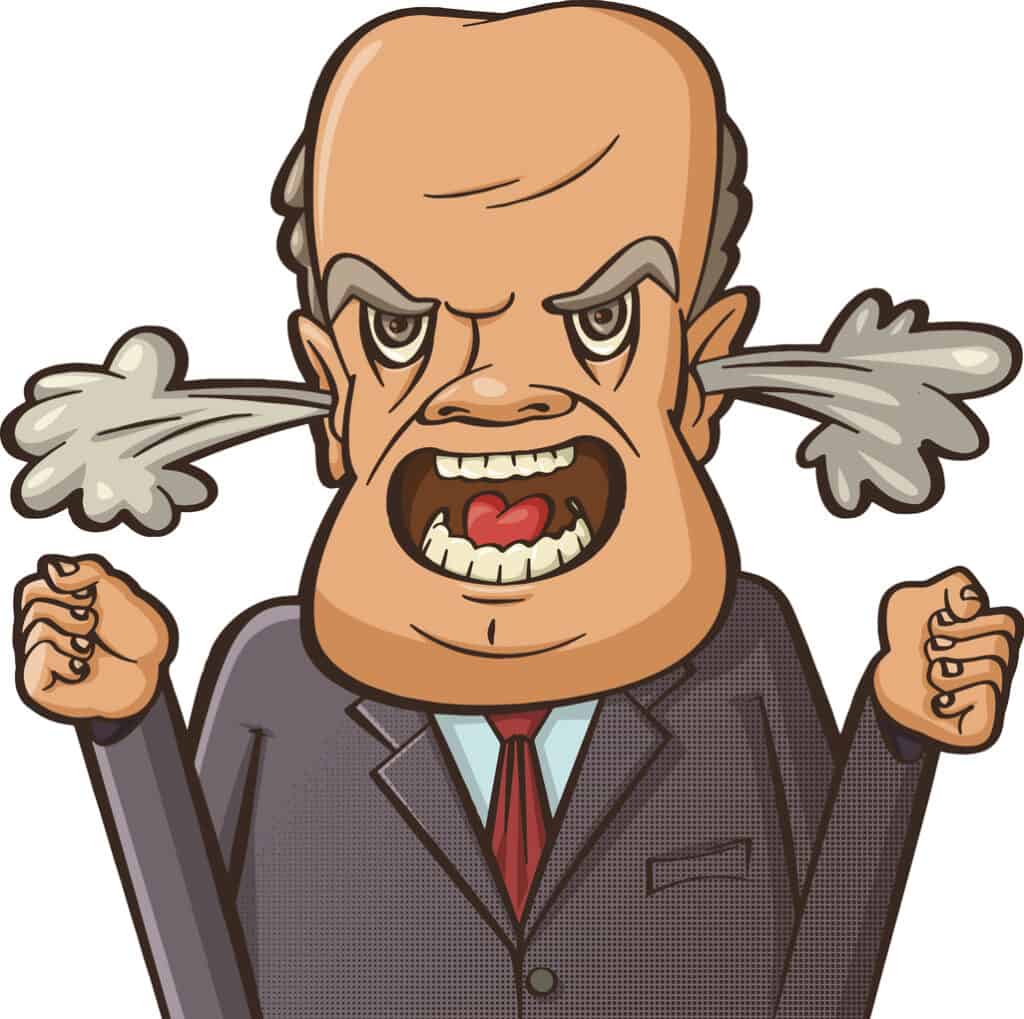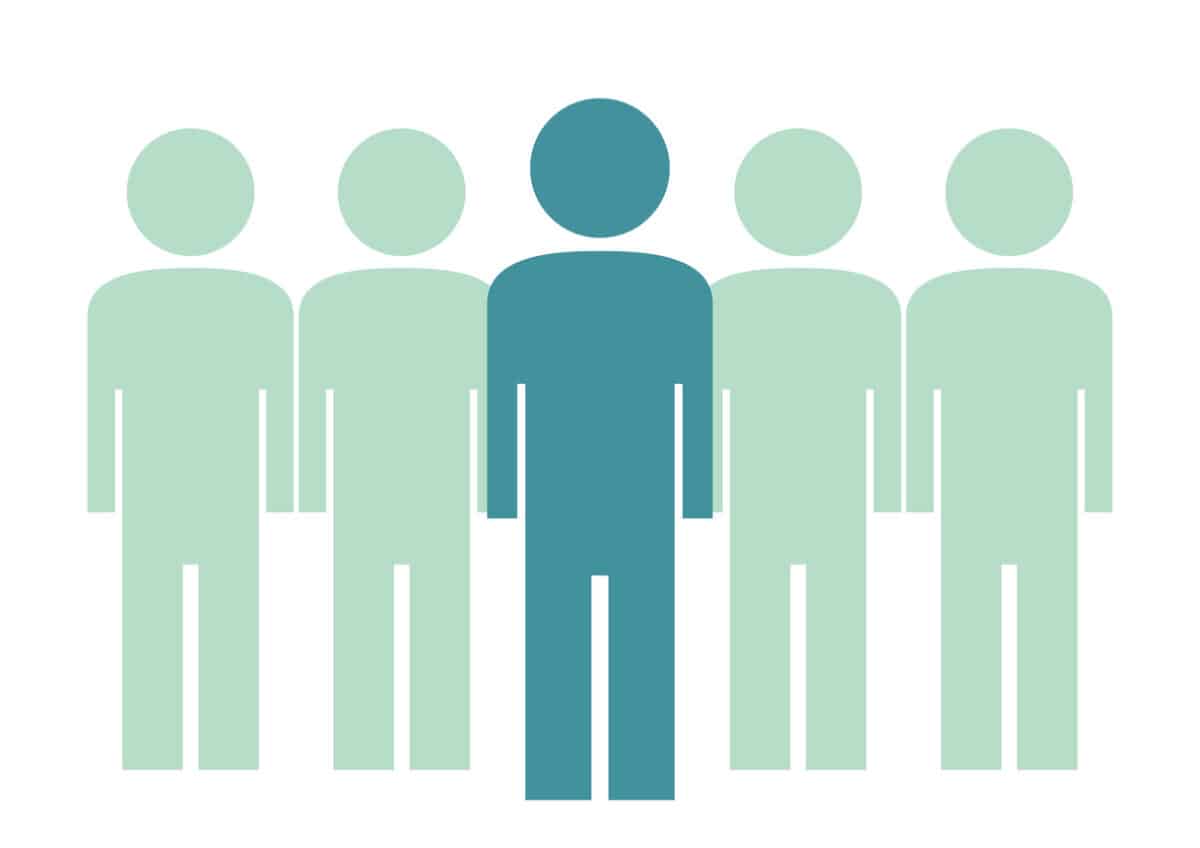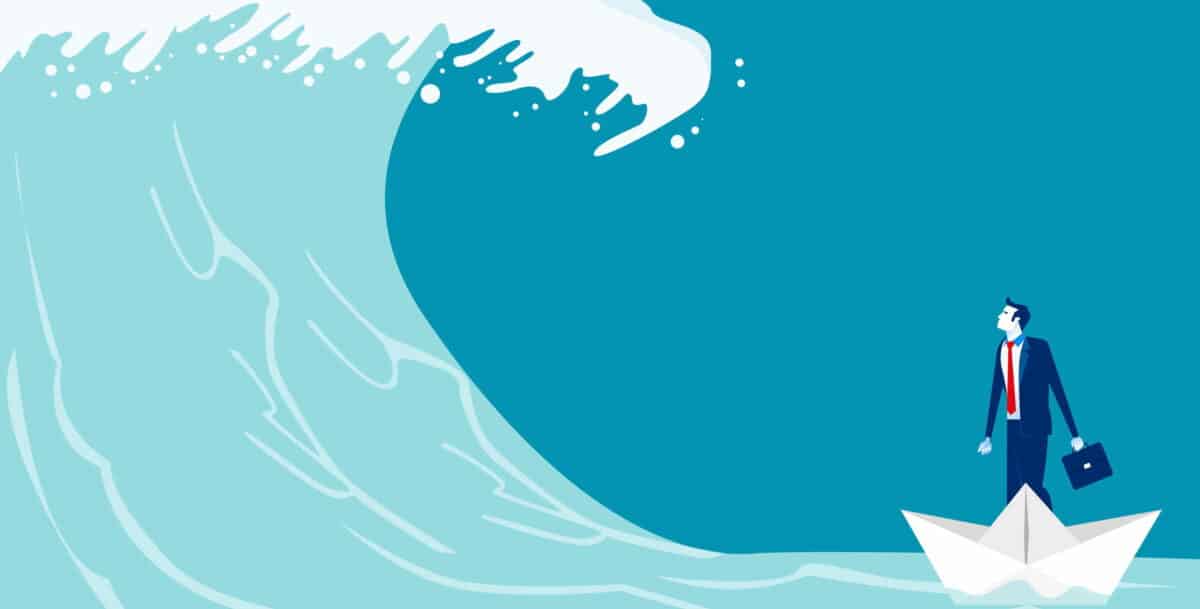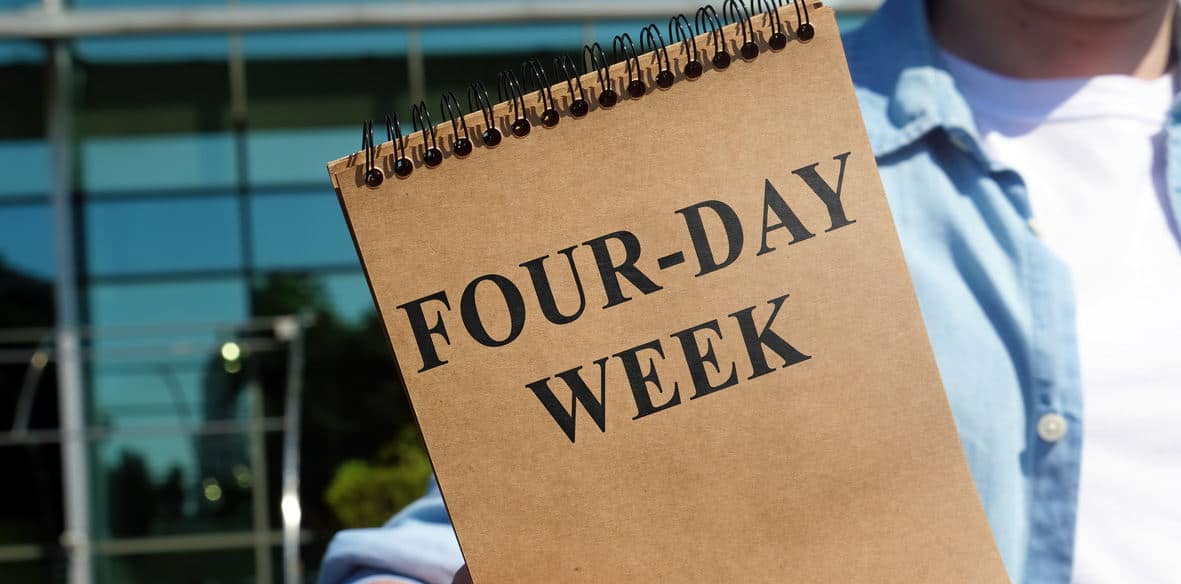The Australian newspaper’s Robert Gottliebsen continues to bash the Victorian Premier and WorkSafe Victoria over the outbreak of COVID19 that originated from workers in the Hotel Quarantine Scheme. He insists that the government has occupational health and safety (OHS) responsibilities for the workers in the hotels, especially the security guards through which transmission to the community occurred. His arguments are logical, but what he is really searching for is accountability and, perhaps, in a global pandemic, there is none.
Category: health
one-in-five mental health stat clarified and given a future
Two years ago this blog looked at the origins and the permutations of the “one-in-five” phrase used in Australian reports about mental health. The earliest occurrence of the statistic was from the Australian Bureau of Statistics (ABS) in 2007. It was hoped that the Productivity Commission (PC) would revisit the statistics in its recent inquiry into mental health. It did not, however a new statistical assessment of mental health is not too far away.
Selling remediation as prevention is dishonest
Regular readers of, and subscribers to, this blog know that I am a strong advocate for the prevention of suicides, especially those related to work. Mental illness is not always connected to suicides but there is often a correlation between, mental stress, self-harm, suicide ideation and suicides. as such it is useful to keep an eye on suicide statistics, particularly in industries or times of great stress.
In early December 2020, Victoria’s Minister for Mental Health, James Merlino, addressed the Parliamentary Accounts and Estimates Committee (PAEC) to discuss the 2020-21 Budget Estimates. At that time, Merlino made some clear statements about the rates of suicides, which are useful to remember when evaluating suicide and mental illness prevention strategies like those mentioned in the Productivity Commission’s recent inquiry into Mental Health.
OHS and the Four Day Week
Recently the BBC’s Business Daily had a short discussion about the introduction of the 4 Day Week. This workplace reform has knocked about for a few years now and seems to have some mental health and job satisfaction benefits. This is enough for it to interest occupational health and safety (OHS), especially as it is one of the few examples of a structural and organisational change rather than an intervention aimed at each individual worker.
The BBC discussion indicates the difference (it may be a schism) between a new way of thinking about work and the old traditional way. The opponent to the 4 Day Week emphasises the individual over the organisational and compares service industries to those that produce goods.
The episode, now a podcast, is a good introduction to the for and against of the 4 Day Week but careful listening shows the challenge ahead.
Continue reading “OHS and the Four Day Week”Right information, wrong magazine
The OHS Professional magazine for December 2020 contains a very good article about workplace psychological risks and the occupational health and safety (OHS) strategy to prevent mental harm. The only negative is that it is not published in a Human Resources magazine, or one for company directors. The preventative techniques are well known to the OHS profession and based on independent scientific evidence, but it is other managerial disciplines that need to learn the difference between preventing psychological harm and providing symptomatic relief.
‘No Bystanders Rule’ Bullshit
Guest Post by Dr Rebecca Michalak
About couple of weeks ago, the Australian Financial Review (AFR) featured a piece on a law firm that had introduced a mandatory approach to reporting sexual harassment – referred to as a ‘no bystanders’ rule.
To be clear upfront, here is my disclaimer – I am not directly commenting on the law firm in question; there isn’t enough information in the articles to make any objective judgements on that front. The references used from the two media pieces are for illustrative purposes only. Call them ‘conversation starters.’
In the AFR piece, the contractual obligation was outlined to involve:
“…chang(ing) ‘should’ (report) to ‘must’ – so any staff member who experiences, witnesses, or becomes aware of sexual harassment must report it,”
with the affiliated claim being,
Continue reading “‘No Bystanders Rule’ Bullshit”“That shift really reinforces that there is zero tolerance – and there are no confidences to be kept; it needs to be outed – bystanders [staying silent] will no longer be tolerated.“
Alan Jones vs Dan Andrews

The calls continue for the Victorian Premier, Dan Andrews, to be charged with Industrial Manslaughter over COVID19-related deaths that resulted from a poorly-managed hotel quarantine program. This time the topic was picked up be one of Australia’s conservative big guns, Alan Jones.
Jones hyperbolic rhetoric was on full display in his interview with Ken Phillips, who started the Andrews Industrial Manslaughter campaign.





